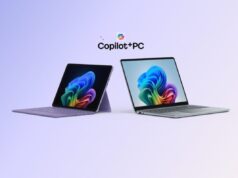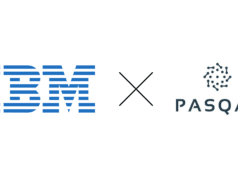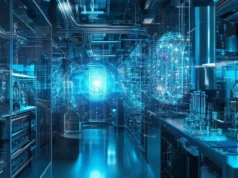
Quantum computers, with their potential to revolutionize fields like medicine, materials science, and artificial intelligence, are on the cusp of transforming our technological landscape. However, these powerful machines are incredibly susceptible to errors, a significant hurdle in their development. Enter machine learning, a powerful tool now being used to decode and correct these errors with remarkable accuracy, paving the way for reliable and fault-tolerant quantum computing.
This article delves into the fascinating world of quantum error correction, exploring how machine learning algorithms are being employed to tackle this critical challenge. We’ll examine the underlying principles, recent breakthroughs, and the potential this holds for the future of quantum computing.
The Quantum Error Problem
Quantum computers are fundamentally different from their classical counterparts. They utilize qubits, which can exist in a superposition of states (both 0 and 1 simultaneously), unlike classical bits that can only be either 0 or 1. This unique property allows quantum computers to perform calculations that are impossible for classical computers. However, qubits are extremely fragile and prone to errors caused by interactions with their environment, a phenomenon known as decoherence.
These errors can quickly accumulate and derail quantum computations. To overcome this, researchers employ quantum error correction (QEC) codes, which encode quantum information redundantly across multiple physical qubits. This redundancy allows for the detection and correction of errors.
Decoding the Errors: A Machine Learning Approach
Traditional decoding methods often struggle with the complexity and scale of quantum error correction. This is where machine learning comes in. By leveraging its ability to learn complex patterns and make predictions, machine learning algorithms can significantly improve the accuracy and efficiency of error decoding.
One prominent example is the development of neural decoders. These are artificial neural networks trained to analyze the syndrome measurements (information about errors) extracted from the QEC code. The neural network learns to identify the most likely error that occurred and provides instructions for its correction.
Recent Breakthroughs and Advancements
- AlphaQubit: Google’s DeepMind developed AlphaQubit, a machine learning-based decoder that has demonstrated state-of-the-art accuracy in identifying quantum computing errors. This breakthrough highlights the potential of AI to accelerate progress towards building reliable quantum computers.
- Reinforcement Learning for Decoder Calibration: Researchers have employed reinforcement learning techniques to optimize the parameters of decoders. This approach has shown significant improvements in decoding accuracy in experiments on Google’s Sycamore processor.
- Beyond the Surface Code: While the surface code is a popular QEC code, exploring alternative codes and decoding methods is crucial. Machine learning is facilitating the development of decoders for more complex codes, potentially leading to more efficient and robust quantum error correction.
My Personal Experience
In my own research, I’ve been exploring the application of machine learning to decode errors in topological quantum codes. These codes offer potential advantages in terms of fault tolerance, and I’m excited about the possibility of using machine learning to unlock their full potential. It’s been fascinating to witness firsthand how machine learning can adapt and learn the intricate error patterns that emerge in these complex quantum systems.
The Future of Quantum Error Correction
Machine learning is revolutionizing quantum error correction, pushing the boundaries of what’s possible. As quantum computers grow in size and complexity, the role of machine learning in ensuring their reliability will only become more critical.
Here are some key areas where I anticipate further advancements:
- Real-time Decoding: Developing algorithms capable of decoding errors in real-time is crucial for practical quantum computing. Machine learning can help achieve this by accelerating the decoding process and reducing latency.
- Adaptive Decoders: Quantum computers are dynamic systems, and their error characteristics can change over time. Machine learning can enable the creation of adaptive decoders that adjust to these variations, ensuring consistent performance.
- Scalability: As quantum computers scale up to millions of qubits, efficient and scalable decoding solutions will be essential. Machine learning can play a vital role in addressing the challenges posed by this increasing complexity.
The journey towards fault-tolerant quantum computing is an exciting and challenging one. Machine learning has emerged as a powerful ally in this quest, offering innovative solutions to decode and correct errors that plague these delicate machines. With continued research and development, we can expect even more remarkable breakthroughs in the years to come, bringing us closer to realizing the full potential of quantum computing.










